Microsoft and Nokia, Act II
Inside the Enterprise: Nokia is tying the knot with Microsoft, but where does that leave businesses, and the European tech industry?

IT PRO predicted a closer relationship between Nokia and Microsoft, as far back as last May. So the announcement that Nokia will switch its smart phones to Microsoft's platform is not a complete surprise.
This being the mobile phone industry, of course, much has happened since the two companies first started their collaboration. Microsoft has launched Windows Phone 7, and Nokia has hired ex-Microsoft exec Stephen Elop whose last job at Redmond was heading Microsoft's business division, the part of the business behind Office.
More importantly, sales of both Apple and Android phones have continued to grow strongly.
This has left Nokia, and to an extent, Microsoft too in a difficult position. Elop's by now infamous burning oil rig memo explains just how difficult. Nokia, whose Communicator range represented some of the earliest, effective smart phones, is now largely a purveyor of cheap, pay-as-you-go phones sold in supermarkets or in emerging markets.
That market, as Elop concedes, is under very real threat from lower-cost brands, especially those from China. And, at the high end, phones such as the N8 have some stand-out features, but have failed to win over consumers tempted by an iPhone or Android device. Nor have Nokia's recent business devices, such as the N7, dented BlackBerry's market share in the enterprise.
IT PRO has examined the shortcomings of Nokia's Symbian operating system and some of Nokia's other challenges elsewhere, but it is fair to say that Nokia had little choice but to move away from Symbian, leaving either Android or Windows Phone as the only real options.
Microsoft has potentially much to gain from bringing a company such as Nokia, with its strengths in areas such as wireless radio technology and industrial design, into the Windows Mobile fold.
Sign up today and you will receive a free copy of our Future Focus 2025 report - the leading guidance on AI, cybersecurity and other IT challenges as per 700+ senior executives
There is even a precedent for this co-operation, in the shape of Nokia's rather lovely, if expensive, Booklet 3G laptop, as this runs Windows 7. There could even be an opportunity to for Nokia to bring elements of its European design aesthetic to the Windows Phone platform; for the most part, Windows Phone models on sale so far look physically very similar to Android phones, and even come from the same stable of manufacturers.
For business users contemplating rolling out Windows Phone 7 devices, having Nokia as a hardware vendor can only help; the more companies that actively back the platform, the more software vendors and, also key for enterprises, software development tool vendors will back it.
Conversely, though, firms that have developed applications for Symbian are now faced with the prospect of porting those apps.
There are other risks, too. Both Palm and HP tried to build a business around Windows on mobiles. Sony Ericsson originally supported Symbian, flirted with Windows Mobile (as it then was), switched to Android, and may or may not go with Windows Phone 7 for future models, depending on which rumour site you believe. Nokia will need to put all its high-end phone efforts into Windows 7 if it is to avoid following a similar path.
This appears to be something Stephen Elop is prepared to do. Microsoft, for its part, has little to lose from the deal, as the Windows 7 ecosystem will receive a short-term boost even if it fails to turn Nokia's smart phone business around.
The losers will be the 5,000 or so Nokia staff who face losing their jobs, and perhaps the European technology industry too. One of its leading lights might not have been extinguished, but it has certainly been dimmed.
Stephen Pritchard is a contributing editor at IT PRO.
Comments? Questions? You can email him here
-
 Nokia hails success of Europe’s first commercial 5G cloud RAN deployment
Nokia hails success of Europe’s first commercial 5G cloud RAN deploymentNews Elise says its 5G cloud network puts it in a strong position during a move towards 6G
-
 Kyndryl and Nokia extend partnership to drive data center networking gains
Kyndryl and Nokia extend partnership to drive data center networking gainsNews The companies plan to offer more data center networking options aimed at enterprise customers
-
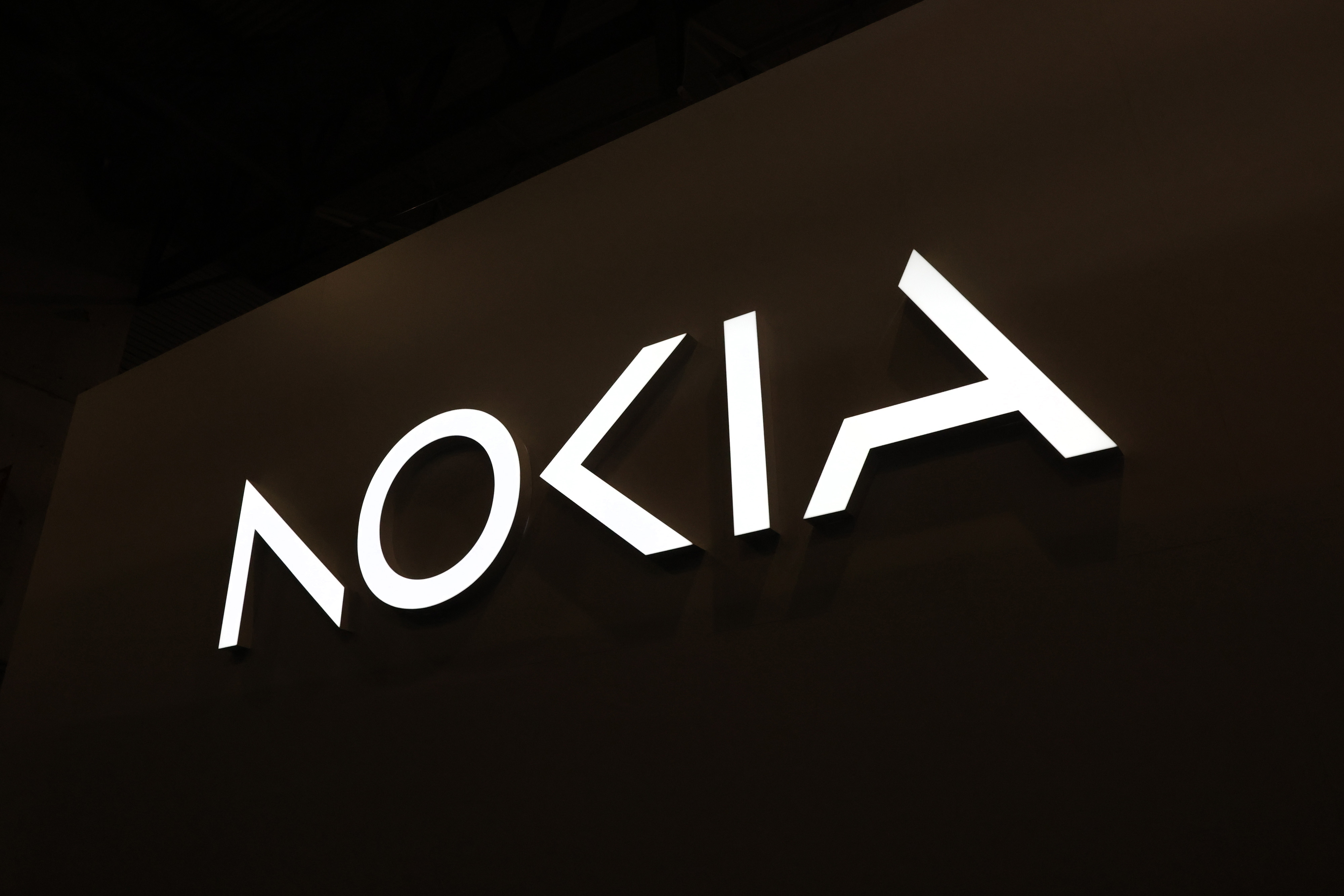 Dell and Nokia expand strategic partnership to drive network cloud transformation
Dell and Nokia expand strategic partnership to drive network cloud transformationNews The companies will leverage each other’s expertise and distribution to scale telecom networks and private 5G use cases
-
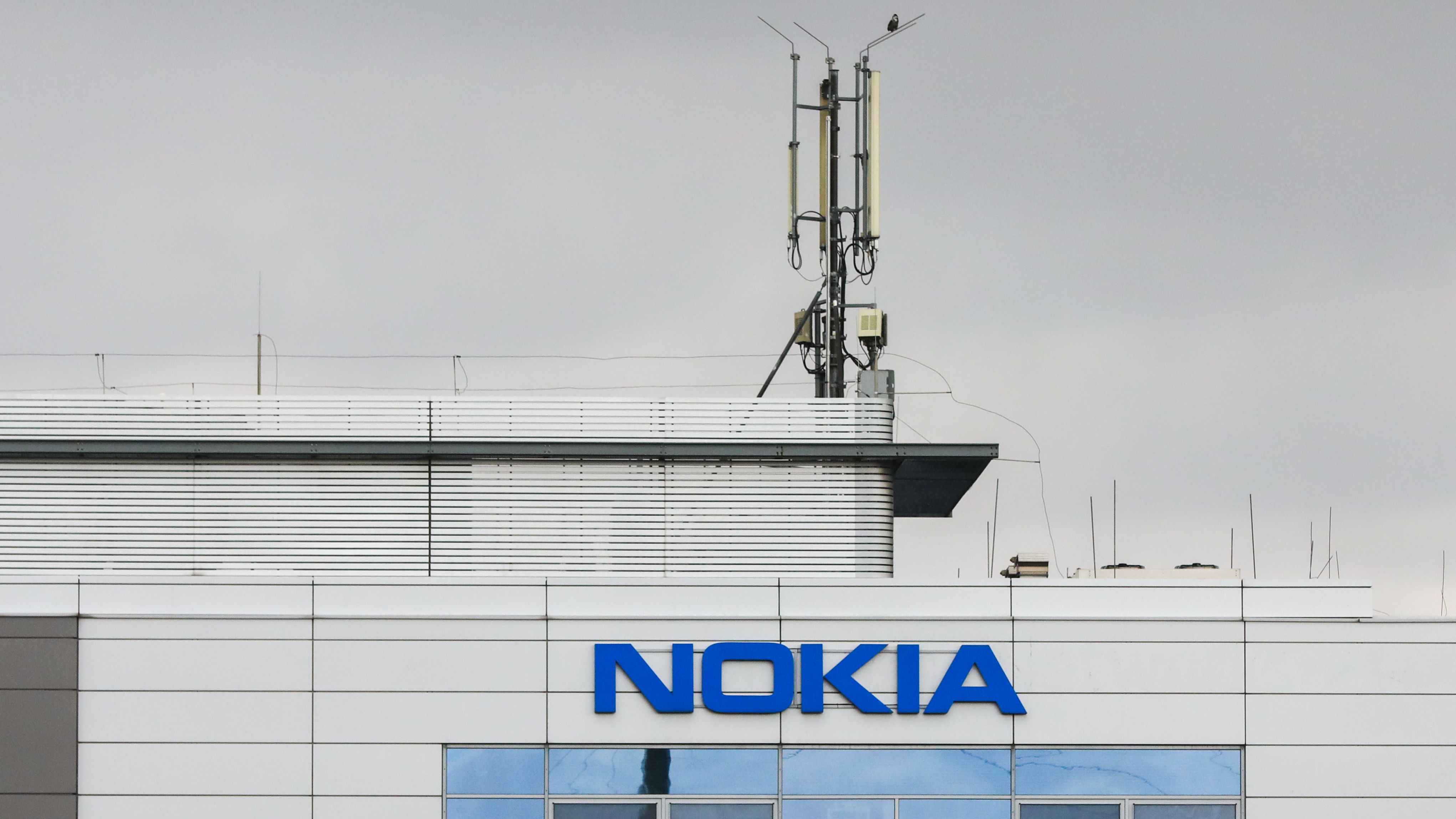 Nokia and Google score breakthrough in Android 13 network slicing
Nokia and Google score breakthrough in Android 13 network slicingNews Nokia's solution will allow devices to connect to multiple network slices simultaneously, provided by existing 4G and 5G operators
-
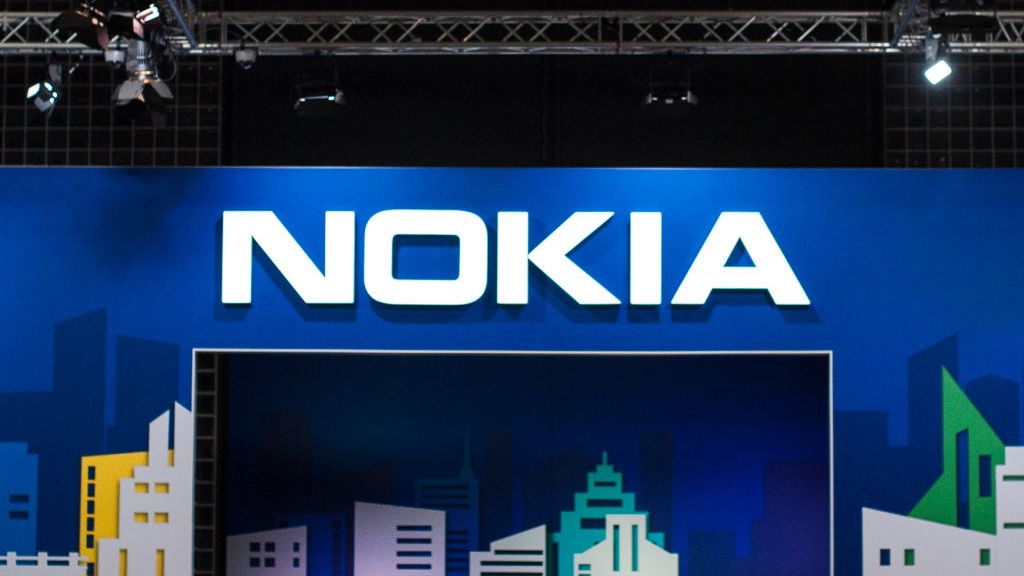 Nokia wins Indosat contract to expand 5G across Indonesia
Nokia wins Indosat contract to expand 5G across IndonesiaNews The deal will bring next-gen communication technology to customers across a 1.4 million square kilometre area
-
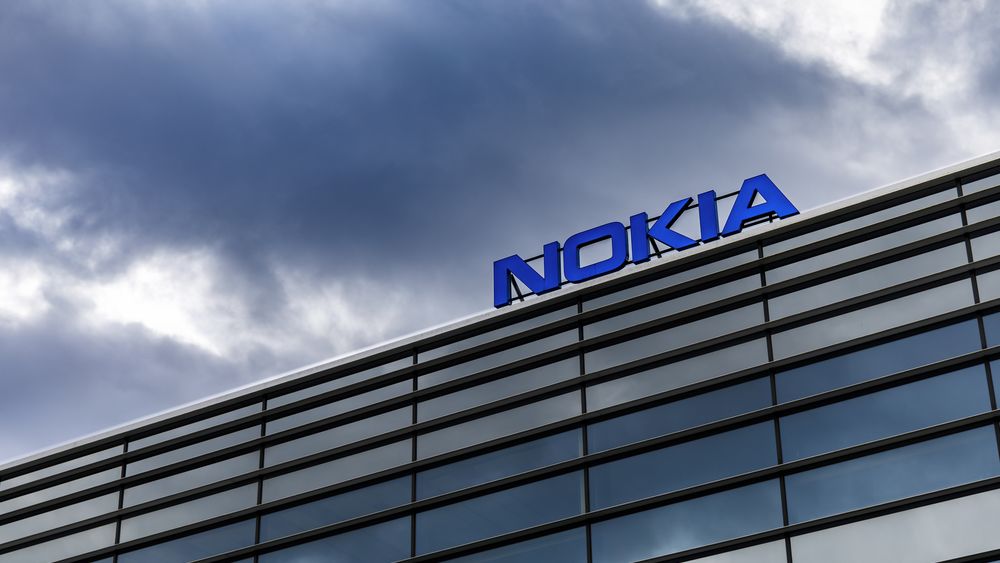 Nokia and Ligado partner on 4G, 5G enterprise private network
Nokia and Ligado partner on 4G, 5G enterprise private networkNews Nokia will leverage Ligado’s Band 24 spectrum to reach the US enterprise market
-
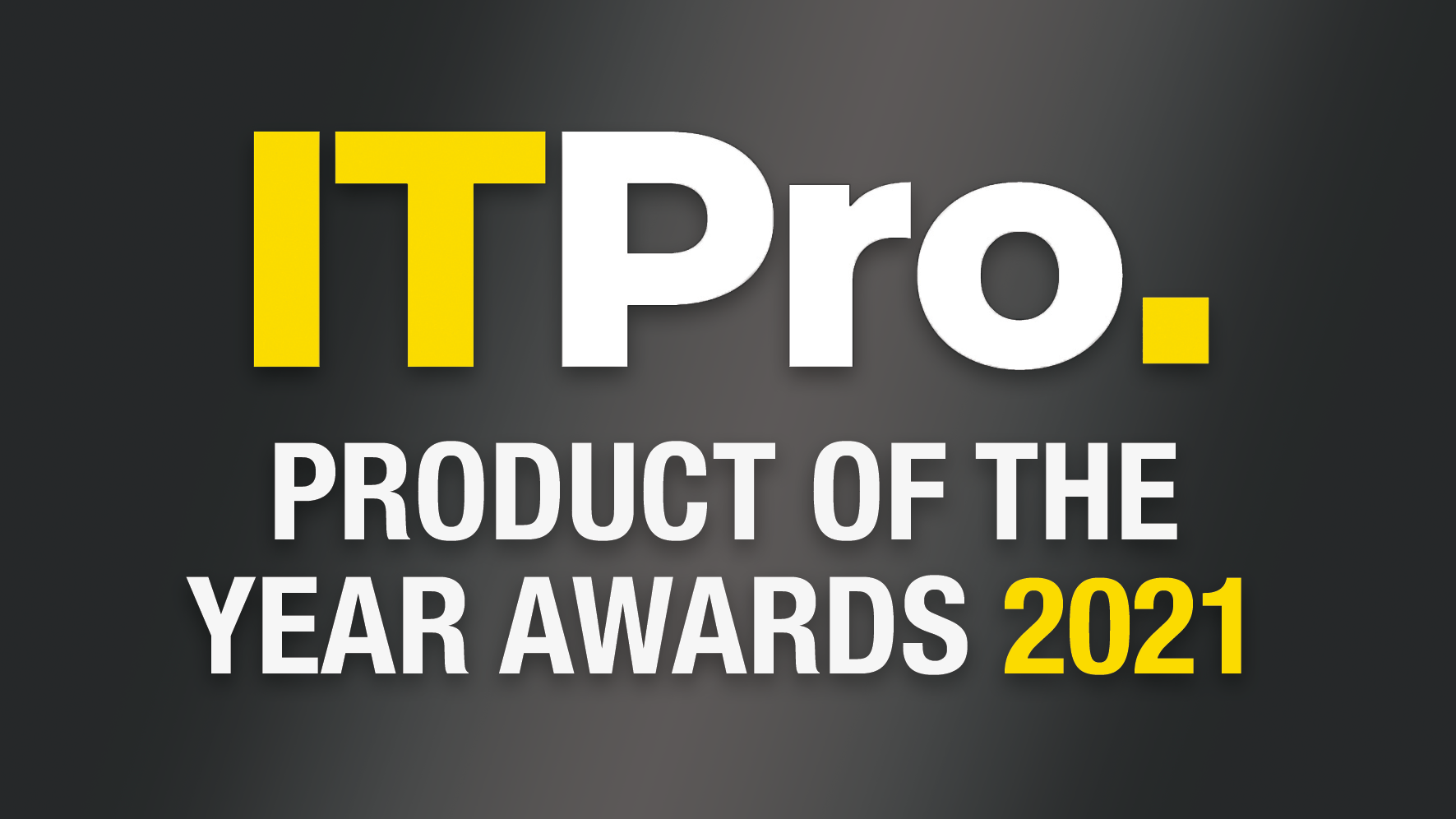 The IT Pro Products of the Year 2021: The year’s best hardware and software
The IT Pro Products of the Year 2021: The year’s best hardware and softwareBest Our pick of the best products from the past 12 months
-
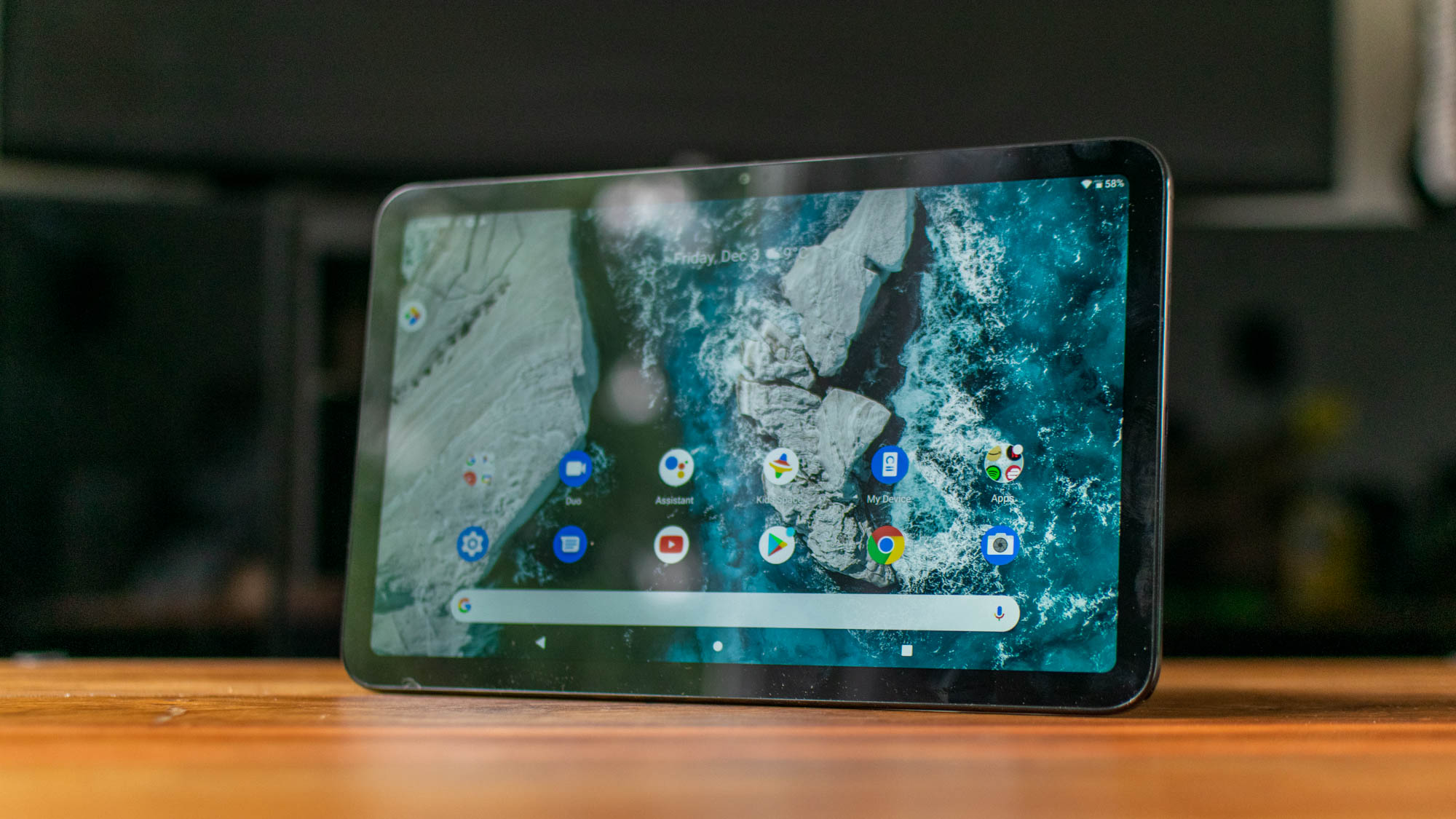
 Nokia T20 review: A simple, sturdy Android tablet at an SMB-friendly price
Nokia T20 review: A simple, sturdy Android tablet at an SMB-friendly priceReviews It’s not as luxurious as an iPad, but the T20 makes a fine, functional tablet for business

